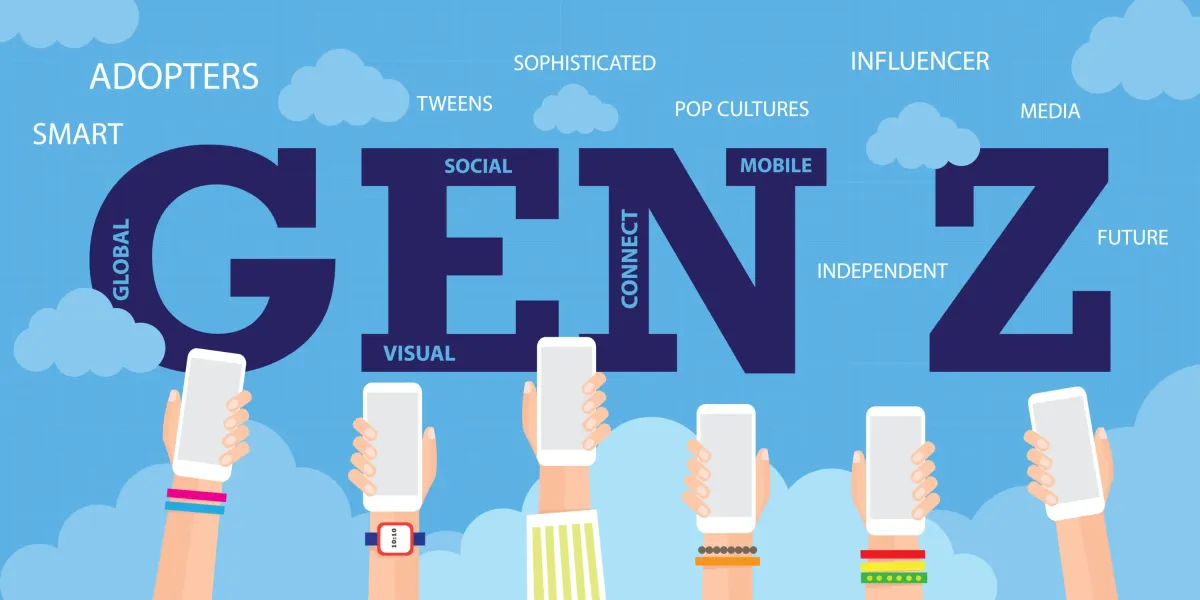Pokémon joins Japan’s sleep campaign to promote sleep health
Pikachu and Snorlax are now Japan’s “sleep support ambassadors.” This move blends public health with entertainment IP—and marketers should take note.

Japan’s Ministry of Health has appointed Pikachu and Snorlax as official “sleep support ambassadors” in a new initiative to promote better sleep habits. But this is more than just a quirky cultural moment—it’s a strategic masterclass in cross-sector branding.
Announced by Health Minister Fukuoka Takamaro, the campaign aims to tackle Japan’s notorious culture of overwork and sleep deprivation. By enlisting Pokémon icons, the ministry hopes to promote rest in a way that resonates with the public—particularly children and families.
This article explores how the campaign works, why it makes sense for Pokémon, and what marketers can learn about using beloved IP to drive wellness engagement.
Short on time?
Here’s a table of contents for quick access:

Why Pokémon, and why now?
Sleep deprivation has become a chronic issue in Japan, with social pressure and long work hours contributing to one of the shortest average sleep durations among developed nations. The Ministry’s appointment of Pokémon mascots falls under its effort to build a “community symbiotic society,” where public health meets cultural engagement.
Snorlax, famously known for sleeping in the middle of roads in the game, anchors the Pokémon Sleep app. Meanwhile, Pikachu—wearing a nightcap, no less—plays a supportive role through the Pokémon GO Plus + device, which tracks sleep patterns.
Both characters are now at the center of public awareness campaigns featuring posters, live appearances, and upcoming educational events like the "Children’s Kasumigaseki tour day."
The partnership demonstrates how character-based marketing can humanize public messaging, especially for topics that struggle to capture attention—like sleep hygiene.
A broader wellness push for the franchise
This isn’t Pokémon’s first foray into the world of health and lifestyle. The campaign fits neatly into the brand’s growing ambition to be more than just entertainment.
In May 2023, Grand Hyatt Tokyo partnered with Pokémon Sleep to offer immersive wellness staycations, including glamping-style rooms and themed dining. The experience targeted nostalgic fans and health-conscious families, using the app’s one-year anniversary in July 2024 as a springboard for cross-industry engagement.

Other brand collaborations are reinforcing this shift. Google recently introduced a browser-based Pokédex minigame, while LEGO is set to roll out Pokémon sets in 2026. Even traditional brands are onboard: Malaysia’s postal service launched a themed stamp set, and Mister Donut in Singapore wrapped 2024 with Pikachu-shaped donuts.
The common thread? Pokémon is transitioning from a gaming brand into a lifestyle brand—one that intersects with wellness, nostalgia, and multigenerational fandom.

What marketers should know
For brand leaders and PR strategists, this campaign offers a few key takeaways:
1. Branded IP can amplify behavioral change
Public health campaigns often struggle to gain traction. By tapping a trusted character like Snorlax, the government gains instant cultural relevance and emotional resonance—without needing to build that affinity from scratch. Marketers working in ESG, wellness, or education should take note.
2. Gamified wellness is gaining legitimacy
The Pokémon Sleep app blends gameplay with sleep tracking—essentially turning rest into a daily challenge. This aligns with a broader trend of using gamification to promote healthier habits, something increasingly seen in fitness, mindfulness, and even financial wellness apps.
3. Nostalgia is a strategic asset
The campaign’s effectiveness hinges on cross-generational appeal. For children, it’s fun. For adults, it taps childhood memories while offering tools like sleep devices. For marketers looking to bridge age gaps in wellness or lifestyle branding, character IP may be a powerful tool—if deployed authentically.
4. Localization matters
So far, this campaign is strictly Japanese, with no plans for global rollout. That underscores the importance of cultural fit when adapting branded IP to public causes. What resonates in Japan might feel offbeat elsewhere—and vice versa.
Japan’s partnership with Pokémon to promote better sleep habits might sound playful, but it’s a calculated move that smart marketers shouldn’t overlook. It shows how trusted character IP can humanize public messaging, gamify behavioral nudges, and build emotional bridges across generations.
For marketers in wellness, ESG, or public engagement, it’s worth asking: what characters or brands could help your message stick?





